In the UK, where I live, we have a long-running radio program called Desert Island Discs. In this show, which was first broadcast in 1942, guests are invited on and asked to select 8 audio recordings. The ones they would choose to be with them if they were stuck on a desert island, with the hope that these would give an insight into the participant’s character and history.
I’ve wanted to create something similar for RH, but decided that “favorite games” was not the best format for this, seeing as many of us would choose the same games. I decided that a better idea would be to talk about “The Games That Got Me to Where I am”. This is a list of 3 games which has such an influence on a person that they forever changed their taste in games.
Imogen (BBC Micro) — The Game That Taught Me About Completions
My dad came from a different gaming era. His era was that of games like Space Invaders, where the only aim was to get a High Score, and games like Commando, where completing a game sent you back to the start over and over again. However, game progress came with faster enemies, until the game became unbeatable, or games like Elite, which were without end. When I was a kid, I was taught that video games weren’t really beatable.
I have a strong memory of finishing the 8-bit version of the James Bond game “License to Kill.” When you beat the final truck in that game, it doesn’t even explode; it just results in the text “Well Done James! Mission Complete You Hand Smashed Sanchez’s Evil Drug Empire”. It was, however, the first game I ever completed, and it opened my eyes; games COULD be completed.
Imogen is a simple platform puzzle game, but just the right level, which makes it hard, but not impossible, for a child. You play as a wizard who can transform into a cat or a monkey, who has lost his sanity and has to complete 16 levels to prove his recovery. The game limits your transformation to 150, and after that, you become stuck and can’t progress. As a family, we worked out the solutions to all the puzzles, but couldn’t complete them in one go, as some required quick responses; it was a skill issue.
My dad was convinced that actually beating the game was pointless; it would just start again with less transformation, but somewhere, after James Bond, I had a degree of faith. Eventually, through a child’s perseverance, I did it. I remember calling my Dad and my Sister into the room in order to watch as I hit the button to trigger the completion of the final level…then seeing the screen go black
After a pause which was too long for my liking, text started scrolling up the screen, talking about the wizard and his life after escaping, and how he was welcomed by the villagers of his own hometown, even though decades had passed and he had become just a legend. It was essentially the first end sequence I’d ever seen. After Imogen, I ended up tackling harder and harder games each time, looking forward to seeing how they ended.
Imogen essentially taught me about the existence of end sequences and was the trigger point for my love of games with stories.
Wings (Amiga) — The Game That Taught Me About Relative Morality
The 16-bit era was essentially ruled by character-based platformers. In that era, there were the good guys and the bad guys. On the whole, the good remained good and the bad remained bad.
Then there was Wings. Wings was a World War 1 game which opened with a cut scene showing the Wright brothers completing the first ever flight in North Carolina. The scene ends with the quote from Orville Wright, “We thought we were introducing into the world an invention that would make further wars practically impossible.”
Wings is a simple game; you play as a British pilot, sent on missions to take down the enemy in essentially a wooden frame covered with canvas. Any form of collision, and you’re dead, your plane just can’t survive contact. As was the case in WW1, your German adversaries have superior flying and shooting technologies. Wings is a game of melancholy and being grateful just to survive.
- A Near Death Experience
- The Narration Before Combat Began
While missions are relatively simple affairs, the soul of the game lies in both the diary entries, which manage to communicate the horrors of war better than any game I’ve ever played, and the score, which manages to communicate duty, honor, picric victory, trauma, and sadness better than anything else before the invention of the CD-ROM.
In Wings, while knowing the need to defeat the enemy in battle in order to protect your country and its people, it’s made clear that the enemy is never those sitting in the enemy planes, and they are just the same as you. The enemy is in their leader, and they have no choice but to serve just as you are.
While era-appropriate derogatory terms for Germans are used throughout the game (and the language is the part of the game that hasn’t aged well), each opponent is thought of as a human with a family. Their sacrifices are to be appreciated, and their stories are to be told. When you’re able, it’s even appropriate to show them mercy.
I never finished Wings (it’s on my list of games to try and complete this year), but ever since experiencing it for the first time, I’ve sorted out games with more complicated characters and unclear morality. Wings might have been the trigger point for games like Vagrant Story or Metal Gear Solid 2 becoming some of my favorites ever.
Final Fantasy 7 — The Game That Taught Me About Emotional Moments
It’s an old game, and I wouldn’t expect what I write to surprise anyone, but please be aware that the following section contains massive spoilers for FFVII.
I can’t find the quote, and I might be misattributing it to the wrong person, but I think I remember reading a quote from Stephen Spielberg in the 90s where he said he was waiting for a video game with enough emotional weight, that children would go up to each other in the school yard and go “do you get to that bit yet”. The thing that struck me the most about that quote was that it was said many months after FFVII came out, a game which Spielberg had clearly never played.
I was at college (or university, as we call it) when FFVII came out. My roommate brought the discs with him at the beginning of term, telling me that I just had to experience it for myself (we’d saved up together and bought a PS1 between us previously). I’d never played a JPRG before. To a player who thought that the death of Wedge in the opening act (something of a tradition in FF) was going to be the shocking moment of the game, I was not prepared for what was coming for me.
- The Pre-Rendered Backgrounds were a joy
- The Characters are What Made It Though
There’s a moment in the game where you lose control of your character, where every press of the button causes Cloud to move ever closer towards killing an innocent. You, the player, have 2 choices: do nothing, and the game stays where it is, or do something and watch the oncoming storm moving towards you.
When I played, each moment was triggered with a button press, which was triggered while I was almost looking through my fingers at the screen. It has always occurred to me that there must be some real sadists out there who just rammed the buttons to move through as quickly as possible, wanting to see the upcoming death as quickly as possible.
After crafting one of the most significant character deaths in gaming history, I can imagine many writers sitting on their laurels, leaving it as a stand-alone event, but not the writers of FFVII, who place this directly after what was, at least at the time, a surprising betrayal by another of the party.
As a gamer who’d never experienced a JRPG before, certainly not one with this level of story, FFVII started me questioning games in a way no other game, except maybe MG2, had, about what truth was within a game. Final Fantasy 7 taught me about the emotional impact the story of a game could have.
What are the 3 games that take you to where you are? Please let us know in the comments.
What did you think of this article? Let us know in the comments below, and chat with us in our Discord!
This page may contain affiliate links, by purchasing something through a link, Retro Handhelds may earn a small commission on the sale at no additional cost to you.
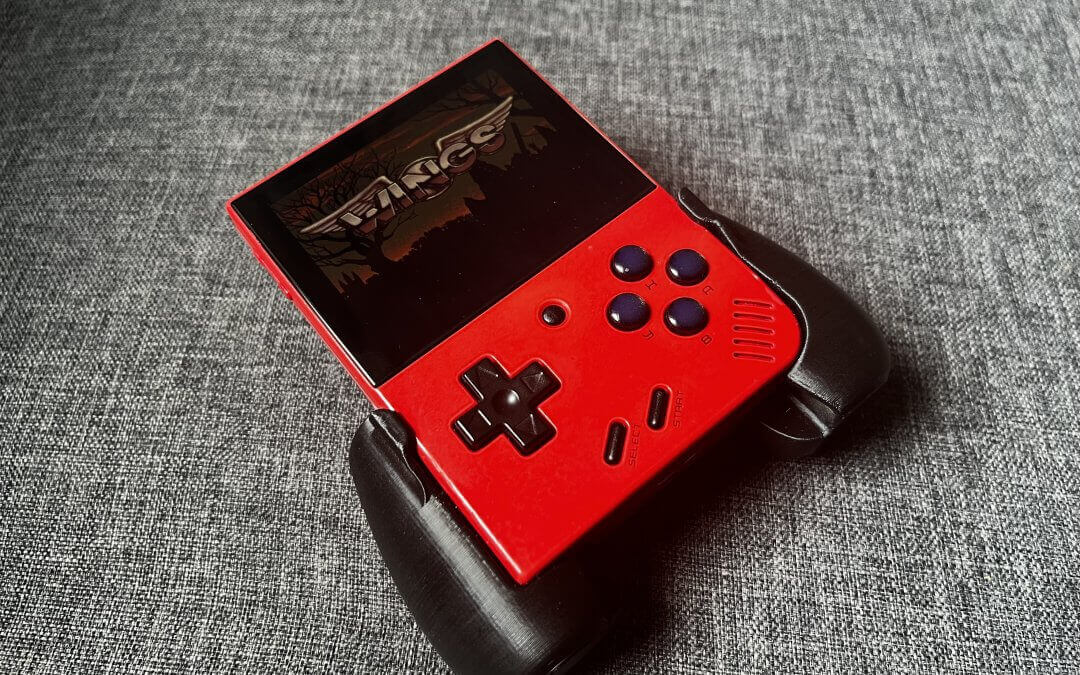
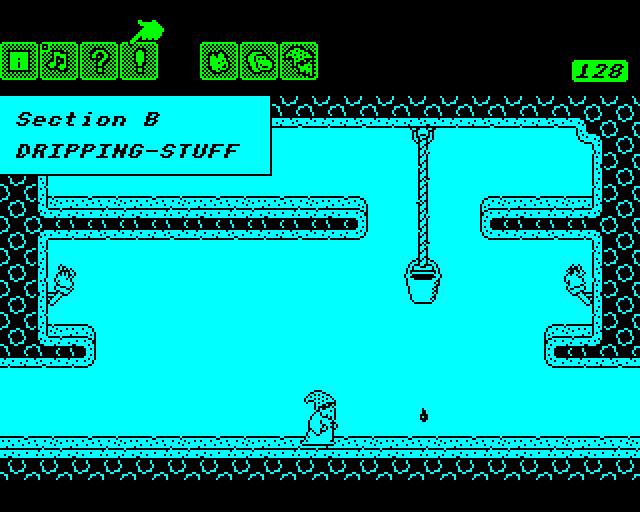
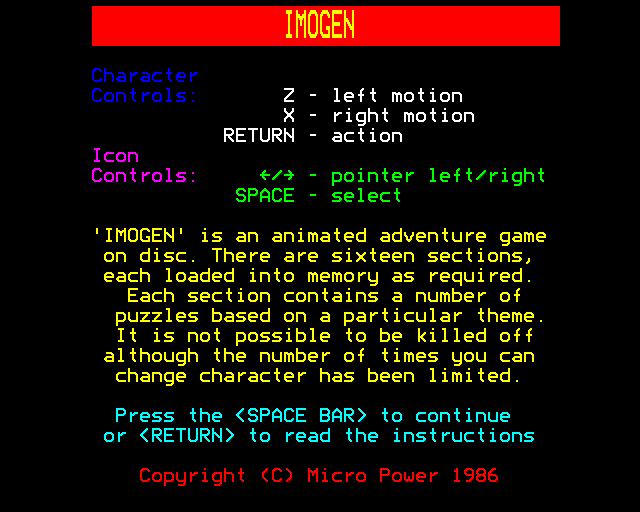

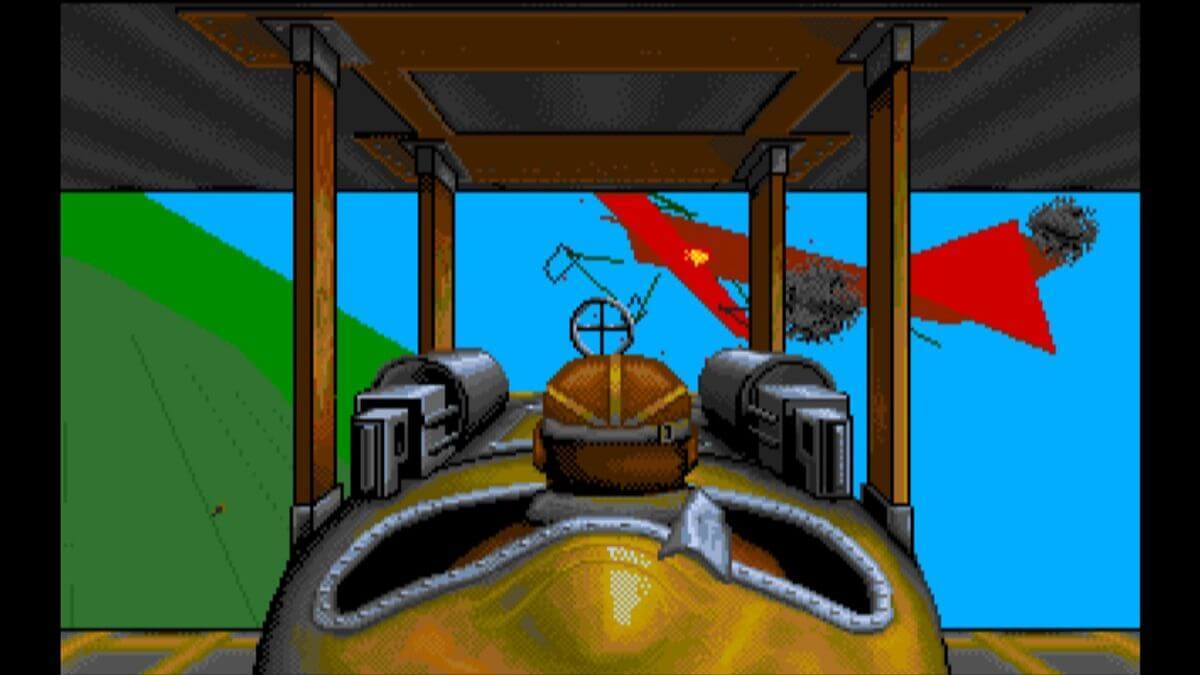
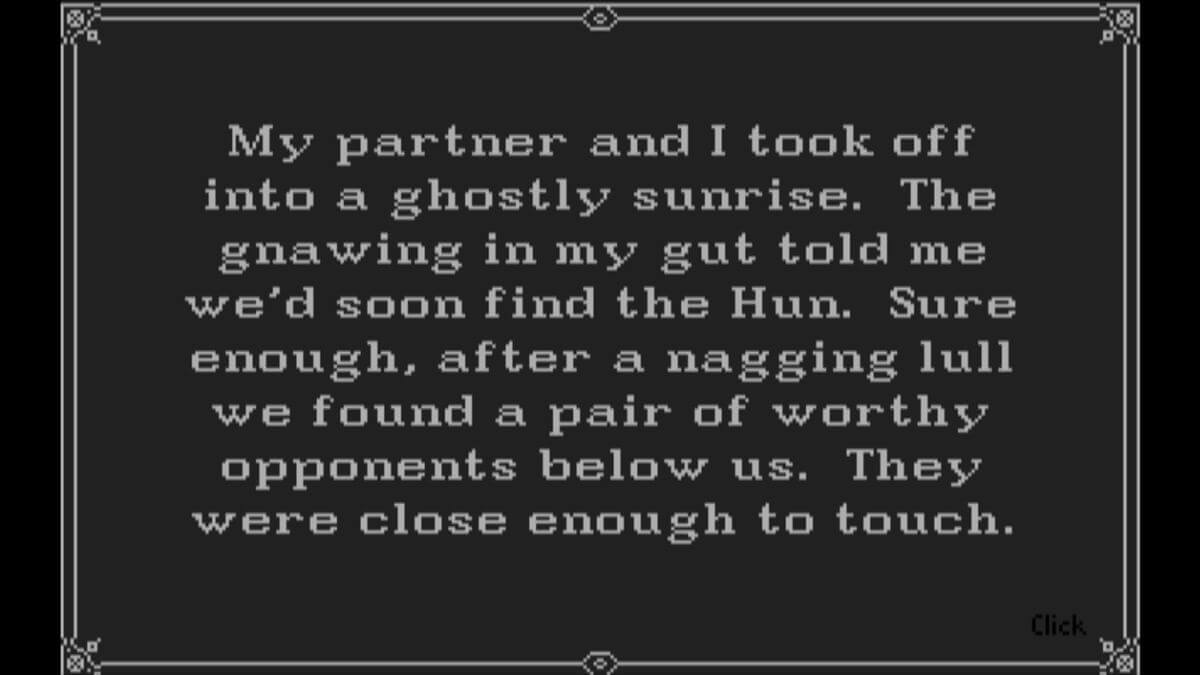
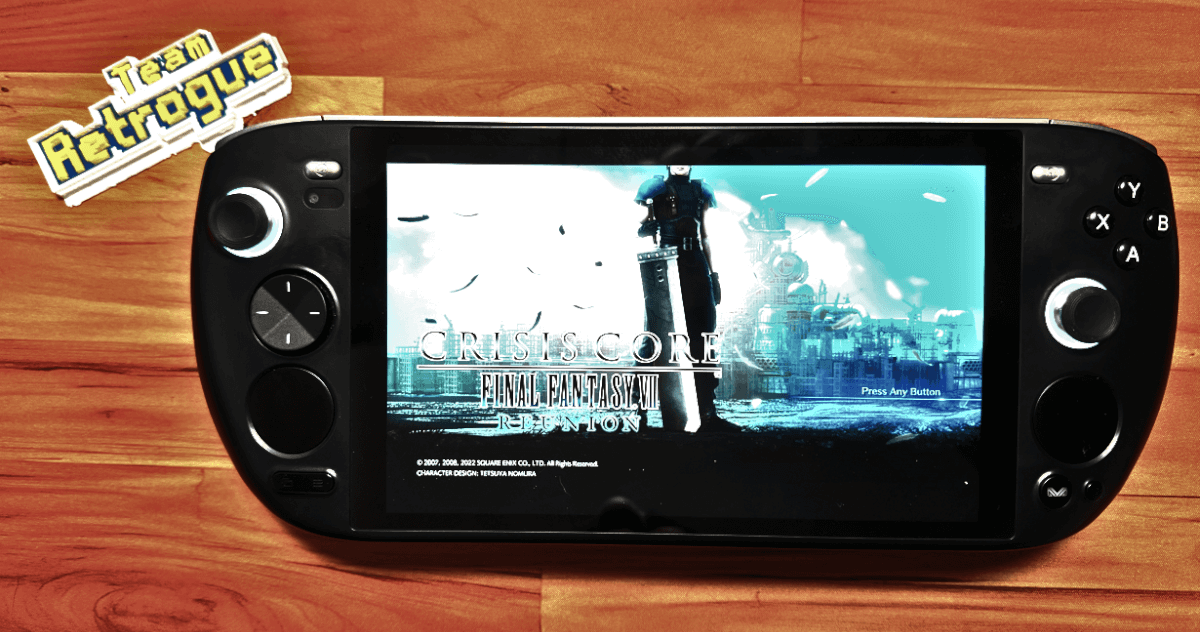
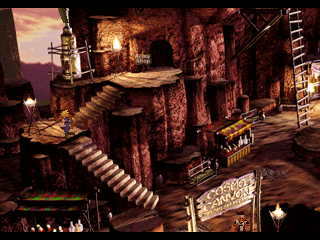
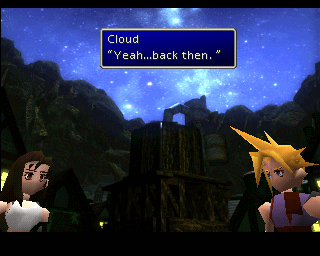
Great read Dan, thanks. It’s funny how I thought on completing games has changed over the years.
Back then it was very much seeing the ‘finishing sequence’ as opposed to beating the game. I suppose back then any pixel art screen or animation was impressive enough to be seen as a reward.
Not played Imogen, but both wings and FF7 were big ones for me also. I would have the first monkey island on Amiga as well, which really changed what I saw a game could be, getting really scooped up into the world and desperate to see it through, as well as talking with friends at school on how to get past any parts I was stuck on